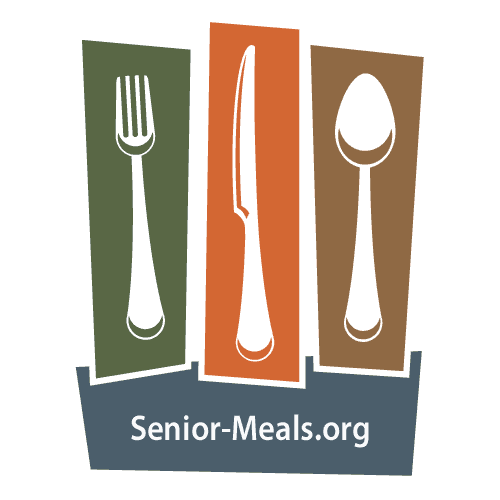Private Caregivers
Private Caregivers for Family Caretakers by Senior-Meals.org
The Most Common Types of Private Caregivers
Private caregivers are responsible, professional companions for the elderly, new moms, or those with limited mobility. Trained and experienced, most private caregivers are qualified as nurses or certified by an agency, though some choose to be private contractors. There is a training process wherein the caregiver needs to accumulate a certain number of hours both under the supervision and independently before a state certification is granted. Many personal caregivers are on call. Some of the duties that these caregivers provide are activities of daily living (ADLs), such as bathing, feeding, medication support, and dressing, and instrumental activities of daily living (IADLs), which include shopping, scheduling medical appointments, planning meals, and transportation. Caregivers are wonderful companions for people who need basic medical supervision but do not want to leave their homes for another living situation.
One factor to consider is that you become the employer of the caregiver, which alters your tax information. Some agencies take care of this for you, but it is always a good idea to research how this service will impact your financial situation. However, they are also more inexpensive as opposed to nursing homes or residential settings. Based on the area of the country where you live and the type of services you seek, pay rates will be different, but on average, the caregiver makes $8 to $30 an hour.
Live in caregivers are an option for individuals who need on-call care at all times and who need extra support until they regain independence. In this setting, caregivers usually work with another live-in caregiver to split up the load. This way, each caregiver gets time off and has hours scheduled for personal business, vacation time, and days off throughout the week. Live in caregivers should expect to be provided for with room and board, and often they are reimbursed for travel costs. They typically make around $250-$450 a day and can cost up to $2,000 a month.
Private Cancer Caregivers
Cancer caregivers can be the lifeline for a cancer patient. More than any other kind of caregiver, the cancer caregiver is expected to be responsible for the majority of at home, routine medical care. Caregivers are sometimes untrained family members who have devoted their time to a relative or friend. Additionally, cancer caregivers are especially sensitive to end of life care.
Studies have shown that this is an especially difficult situation for the caregiver, given the responsibility the caregiver has to provide, and there is always a “burnout” factor. As some cancer caregivers are family members, they may not expect to make little to any money at all. Salaries for outside family contractors are usually the same as any other caregiver’s income.
Medical caregivers have slightly different responsibilities. There is a greater emphasis on basic medical treatment. There is also some controversy about the dispensation of marijuana for the medical purpose by medical caregivers, as in some states, this is legal and others illegal.
The medical caregiver may be used only for a short time when an individual is recovering from surgery or extensive treatment, or they may be on bed rest. Thus, not all medical caregivers are live in caregivers. They may also be called Home Health Aids. The typical rate for a medical caregiver varies but falls in the same average rate.
Caregivers who specialize in Alzheimer’s face unique challenges. Alzheimer’s patients can be stubborn, scared, and confused. Communication and ADL tasks like bathing, eating, and dressing could be complicated in some cases. Caring for dementia and Alzheimer’s patients requires patience and understanding.
The caregiver must be creative with planning everyday activities. They have to be sensitive to common problems like delusions, hallucinations, and paranoia, and risks like wandering. There are independent certification organizations that will specifically train the caregiver in Alzheimer’s care. Alzheimer’s caregivers can expect to make a similar salary to live in caregivers, as the lines between the two roles often blur.
We sincerely hope we have been able to help you understand the role of the Private Caregiver and the different types that may be available in your state.

Our reviews are written only
from the viewpoint of a family caretaker who has the responsibility of feeding one or two senior or elderly loved ones. We take into consideration shipping, packaging, storage, reheating, food quality, and price per meal to determine if the meal delivery service is a good value, convenience, and an option to support their family caretaking responsibilities. Advertisers do not influence our reviews.
Copyright 2013 Senior-Meals.org All Rights Reserved. Art commercially licensed through Shutterstock. Senior-Meal.org reviews are not influenced by Advertisers.
Submitting reviews or comments through the use of forms on the website permits us to publish the content you choose to share in your correspondence.




